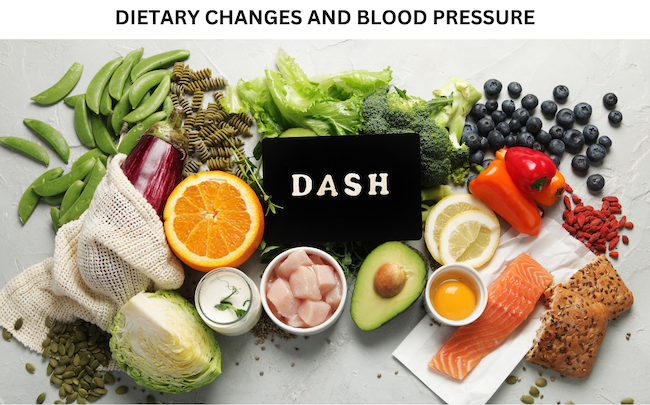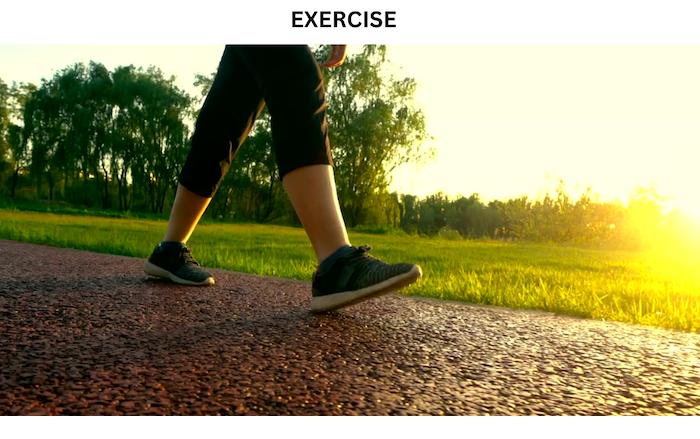High blood pressure, also known as hypertension, is a common condition that can lead to serious complications if left untreated. While it is prevalent, hypertension can result in severe issues such as stroke, heart failure, heart attack, and kidney damage. Many individuals with high blood pressure may not experience symptoms, so regular blood pressure checks are essential. Effective treatments for reducing blood pressure include making dietary changes (such as reducing sodium intake and increasing potassium intake), exercising, and losing weight for those who are overweight.
The American College of Cardiology and the American Heart Association (ACC/AHA, 2017) categorize blood pressure into four general categories:
Modifiable Risk Factors
Several risk factors could be modified or controlled.
Non-modifiable Risk Factors
Several risk factors could not be modified or controlled like
Most people with hypertension don’t feel any symptoms. High blood pressure can cause headaches, blurred vision, chest pain and other symptoms.
Checking your blood pressure is the best way to know if you have high blood pressure. If hypertension isn’t treated, it can cause other health conditions like kidney disease, heart disease and stroke. People with very high blood pressure (usually 180/120 or higher) can experience symptoms including:
If you are experiencing any of these symptoms and high blood pressure, seek care immediately. The only way to detect hypertension is to have a health professional measure blood pressure. Having blood pressure measured is quick and painless. Although individuals can measure their own blood pressure using automated devices, an evaluation by a health professional is important for the assessment of risk and associated conditions.
This includes lifestyle modifications like diet, exercise, weight reduction, and smoking cessation.

Making changes to what you eat can help control high blood pressure.
The DASH eating plan combines many of the dietary interventions noted above. It is high in fruits, vegetables, whole grains, Fibers and low-fat dairy products, with reduced saturated fat, total fat, and meat intake. All people, including those with and without high blood pressure, who strictly follow the DASH eating plan can have significant reductions in blood pressure, particularly when combined with a low-sodium diet.

Regular exercise can lower your blood pressure even if you don't lose weight. Recommendations from the American Heart Association suggest that achieving substantial health benefits requires 150 to 300 minutes per week of moderate-intensity aerobic activity (such as brisk walking) or 75 to 150 minutes per week of vigorous-intensity aerobic activity (such as jogging) plus muscle-strengthening exercises (resistance training) involving all major muscle groups at least twice per week. Isometric exercises (e.g., repeated handgrip contraction) may also be of benefit.
Exercise will not only help lower blood pressure but also improve cholesterol levels. However, to maintain this benefit, you must continue to exercise regularly. Although this level of exercise is recommended to get substantial reductions in blood pressure (4 to 5 mmHg systolic), any amount of physical activity is better than none. Even gentle forms of exercise, like walking, have health benefits.
Being overweight or obese increases your risk of high blood pressure, diabetes, and cardiovascular disease. The definitions of overweight and obese are based upon a calculation called body mass index (BMI). You can find your BMI using an online calculator (calculator 1 and calculator 2). A person is considered overweight if their BMI is greater than 25, while a person with a BMI of 30 or greater is classified as having obesity.
People who are overweight or obese can see significant reductions in blood pressure with even modest weight loss. On average, every kilogram of weight loss is associated with a 1 mmHg reduction in systolic blood pressure.
In susceptible individuals, nonsteroidal anti-inflammatory drugs or "NSAIDs" (such as ibuprofen and naproxen) can increase blood pressure. Oral contraceptive (birth control) pills may increase blood pressure in some people. Additionally, any stimulant, including those found in some decongestants, weight loss products, and illegal drugs, can increase blood pressure. If you are regularly consuming any of these substances, you should talk to your healthcare provider.
Suppose you continue to have high blood pressure despite making lifestyle modifications, including changes in your diet, exercising more, and losing weight. In that case, you may need medication to reduce your blood pressure.
This includes a list of recommended drugs according to individual needs. So, a regular long-term follow-up with a physician is highly recommended.
our doctor may recommend one or more medicines if you have high blood pressure. Your recommended blood pressure goal may depend on what other health conditions you have.
For most people, the goal is to have a blood pressure of less than 130/80.
There are several common blood pressure medicines:
Among other complications, hypertension can cause serious damage to the heart. Excessive pressure can harden arteries, decreasing the flow of blood and oxygen to the heart. This elevated pressure and reduced blood flow can cause: